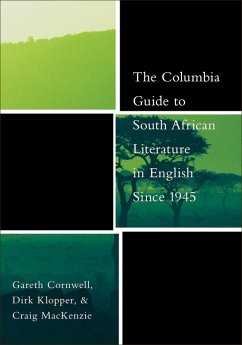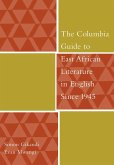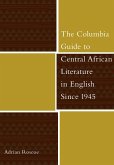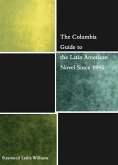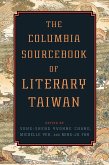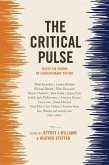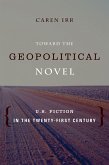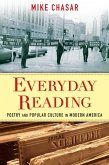From the outset, South Africa's history has been marked by division and conflict along racial and ethnic lines. From 1948 until 1994, this division was formalized in the National Party's policy of apartheid. Because apartheid intruded on every aspect of private and public life, South African literature was preoccupied with the politics of race and social engineering.
Since the release from prison of Nelson Mandela in 1990, South Africa has been a new nation-in-the-making, inspired by a nonracial idealism yet beset by poverty and violence. South African writers have responded in various ways to Njabulo Ndebele's call to "rediscover the ordinary." The result has been a kaleidoscope of texts in which evolving cultural forms and modes of identity are rearticulated and explored.
An invaluable guide for general readers as well as scholars of African literary history, this comprehensive text celebrates the multiple traditions and exciting future of the South African voice. Although the South African Constitution of 1994 recognizes no fewer than eleven official languages, English has remained the country's literary lingua franca. This book offers a narrative overview of South African literary production in English from 1945 to the postapartheid present. An introduction identifies the most interesting and noteworthy writing from the period. Alphabetical entries provide accurate and objective information on genres and writers. An appendix lists essential authors published before 1945.
Since the release from prison of Nelson Mandela in 1990, South Africa has been a new nation-in-the-making, inspired by a nonracial idealism yet beset by poverty and violence. South African writers have responded in various ways to Njabulo Ndebele's call to "rediscover the ordinary." The result has been a kaleidoscope of texts in which evolving cultural forms and modes of identity are rearticulated and explored.
An invaluable guide for general readers as well as scholars of African literary history, this comprehensive text celebrates the multiple traditions and exciting future of the South African voice. Although the South African Constitution of 1994 recognizes no fewer than eleven official languages, English has remained the country's literary lingua franca. This book offers a narrative overview of South African literary production in English from 1945 to the postapartheid present. An introduction identifies the most interesting and noteworthy writing from the period. Alphabetical entries provide accurate and objective information on genres and writers. An appendix lists essential authors published before 1945.
Dieser Download kann aus rechtlichen Gründen nur mit Rechnungsadresse in A, D ausgeliefert werden.

